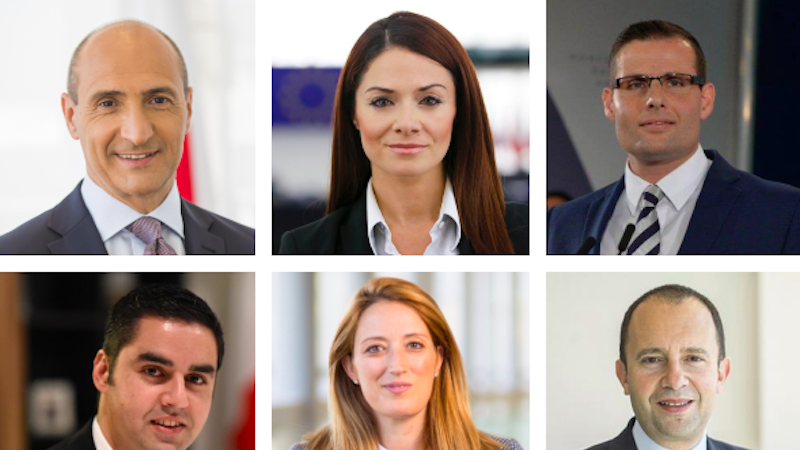PN leader Adrian Delia’s promised ‘New Way’ has seen him jump from his ‘honeymoon period’ directly to the swansong of his political career. It might certainly be new, but I’m sure its not what he had in mind when he entered the political arena just over 14 months ago.
But more interestingly, as the PN continues digging its grave, a number of Labour exponents have been marshalled to our TV screens to reassure us that there is nothing to worry about.
The alternative to this government, they tell us, will not come from the opposition benches but from within the Labour Party itself. In other words, in the absence of a real opposition, Labour will continue evolving and renewing itself to ensure it remains in power.
Now I don’t know what sort of alternative Labour could offer to the current Labour government. Unless Prime Minister Joseph Muscat is replaced by the lovechild of Bernie Sanders and Jeremy Corbyn I cannot see Labour stray from the neoliberal roadmap it has installed in its GPS.
These are not exactly unchartered waters, as under the stewardship of Eddie Fenech Adami, and for a very short while under Lawrence Gonzi, the PN was in the exact same position. Between 1987 and 2008, the Labour opposition was largely unelectable and the PN appeared to be almost indispensable.
But after riding the wave almost uninterruptedly for 26 years and believing that it had some sort of divine right to rule the land, the PN is now a shadow of itself while ‘unelectable’ Labour has metamorphosed into the natural party of government. And there is no guarantee that history will not repeat itself.
Its very likely that within the next four or five years, the two mainstream parties will have new leaders. And most likely, the two parties will become even harder to tell apart.
Let’s start with Labour. Speculation is what it is, but the names being bandied about now will most probably be in contention to replace Muscat once he calls it a day. This might come after the 2019 European elections or after the next general election earmarked for 2022. MEP Miriam Dalli might be the anointed one, but she’ll have no easy ride. Deputy Prime Minister Chris Fearne will be a formidable force to reckon with and other possible contenders such as transport minister Ian Borg and the ambitious backbencher Robert Abela will not go out without a fight.
Yet, whoever replaces Muscat will not have much time to rock the boat. Muscat will leave a huge vacuum behind and even if he is succeeded by a chosen one, the party could come out of the election divided and fractured. And keeping the party together will not leave much time to attend to other chores, such as that of governing the country. Just ask Lawrence Gonzi.
As for the PN, Delia has stoically vowed to stay put. But this is growing more unlikely by the day. The problem with the PN is that unlike Labour its not exactly spoilt for choice when it comes to leadership contenders. For the time being the factions who are not in Delia’s shrinking camp are biding their time, as they have been doing since losing the 2017 election.
Now Delia was never fit for purpose, yet from being an unknown quantity he somehow barged his way to the very top of the party. When the inevitable will happen and his position will be no longer tenable even for his most loyal of supporters, the PN will have a very difficult choice to make. Possibly the most important in its history. Should it go for an interim leader or should it elect a new leader.
Having a caretaker leader makes sense if Delia steps down before the 2019 European elections but going into a general election with an interim leader is pure folly, especially if Muscat leads Labour to the polls.
Facing a ‘leaderless’ PN could gift Muscat the sort of majority which could allow him to change the Constitution and forever remould the nature of our democracy.
Yet, Claudio ‘Planet of the Apes’ Grech apart, there is nobody within the PN who ticks all the boxes. And other possible contenders such as MEP Roberta Metsola have so far shown little appetite for the party’s top post. And this is why rival factions within the party might favour an interim leadership going into the next general election. By then they might mould a candidate who could rival Grech, but it might be too late for the party and for the country.
On the other hand, a new leader elected after next year’s European and local elections could give the PN a fighting chance in the next general election. The only certainty is that both leaders will be very pro-business and whoever is Prime Minister global tax evasion, money-laundering and cheap labour will remain a mainstay in our economy.
The country will remain en route, the neoliberal destination unchanged. The only variables might be in a more liberal short route and a slightly longer conservative route.












